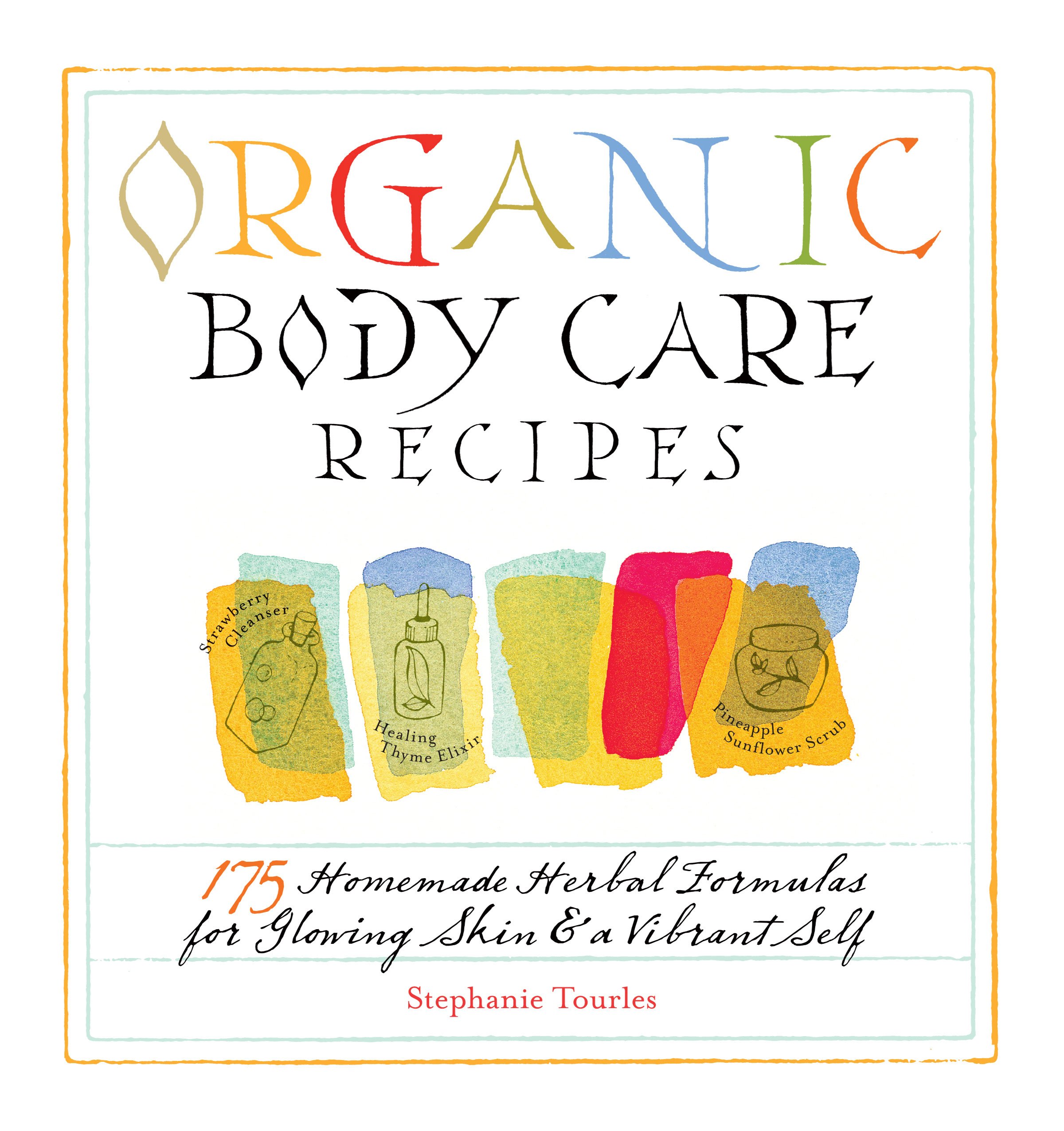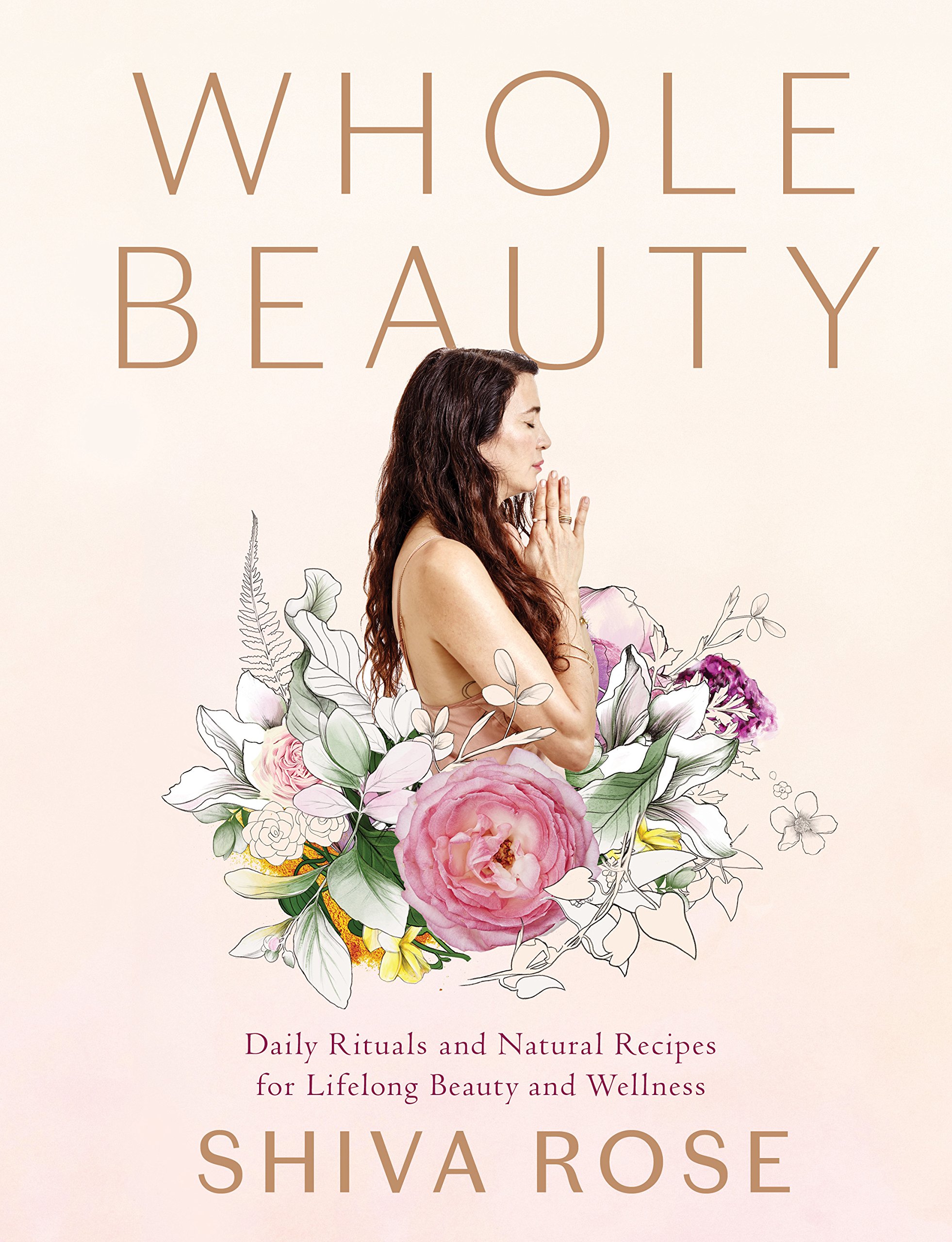Self-care routines have become increasingly popular as people recognize the importance of taking time for themselves.
An all-natural approach to self-care focuses on using ingredients and practices that are free from synthetic chemicals and additives.
This holistic method aims to nourish your body, mind, and spirit using elements found in nature.
Creating an all-natural self-care routine allows you to harness the power of natural ingredients while avoiding potentially harmful substances.
From skincare to stress relief, there are numerous ways to incorporate natural elements into your daily rituals.
By choosing organic, plant-based products and simple practices, you can cultivate a routine that supports your overall well-being.
When developing your all-natural self-care routine, it’s essential to consider your specific needs and preferences.
Pay attention to the ingredients in the products you use, opting for those with recognizable, natural components.
Be mindful of any allergies or sensitivities you may have, and always perform a patch test before using new products.
With these considerations in mind, you can create a personalized routine that nurtures your body and soul naturally.
Tips for Creating an All-Natural Self-Care Routine
Embrace the power of nature in your daily self-care rituals.
With these simple tips and natural products, you can nourish your body and mind without harsh chemicals or synthetic ingredients.
Get ready to transform your routine into a pure, wholesome experience.
Natural Beauty Bible
This comprehensive guide is a must-have for anyone looking to create their own organic skincare and body care products at home.
- Extensive collection of easy-to-follow recipes
- Uses familiar ingredients and measurements
- Includes informative background on natural ingredients
- Some recipes require costly essential oils
- May be overwhelming for absolute beginners
- Lacks detailed preservation methods for some products
“Organic Body Care Recipes” offers a treasure trove of 175 homemade formulas for natural skincare enthusiasts.
You’ll find everything from face scrubs to body washes, all using organic ingredients you can trust.
The book’s layout is user-friendly, with soothing colors and clear explanations that make it a joy to read.
You’ll appreciate how the recipes are organized by skin and hair type, making it easy to find the perfect solution for your specific needs.
One of the standout features is the comprehensive reference section.
It provides simple explanations about ingredients and their benefits, empowering you to create your own custom blends.
The measurements used are familiar, so you won’t need to decipher complicated ratios or conversions.
While the book is excellent for intermediate DIY beauty enthusiasts, absolute beginners might find the wealth of information a bit overwhelming at first.
Some recipes call for pricier essential oils, which could increase your initial investment.
However, the long-term savings and benefits of creating your own products often outweigh this cost.
Whole Beauty Guide
You’ll find this book an invaluable resource for creating a natural self-care routine.
- Gorgeous photography throughout
- Comprehensive range of beauty and wellness tips
- Includes natural recipes and DIY treatments
- Some ingredients may be hard to find
- Spiritual content might not appeal to everyone
- Limited scientific backing for some claims
Shiva Rose’s “Whole Beauty” offers a fresh perspective on natural self-care.
The book is visually stunning, with beautiful photographs that draw you into Rose’s world of holistic beauty.
You’ll discover a wealth of information on daily rituals and natural recipes designed to enhance your overall well-being.
The guide covers a wide range of topics, from skincare to nutrition and beyond.
You’ll learn how to create your own beauty products using natural ingredients, many of which you might already have in your kitchen.
Rose’s approach emphasizes the connection between inner and outer beauty, encouraging you to nurture both aspects of yourself.
While the book is rich in content, some readers might find certain ingredients challenging to source.
The spiritual elements woven throughout may not resonate with everyone.
It’s worth noting that some of the suggested practices lack substantial scientific evidence.
Despite these potential drawbacks, “Whole Beauty” remains an inspiring and comprehensive resource for those seeking a more natural approach to self-care and wellness.
Gorgeous for Good
You’ll love this comprehensive guide to natural beauty and wellness that offers a 30-day program for lasting results inside and out.
- Holistic approach to beauty and health
- Easy-to-follow 30-day program
- Includes natural recipes and product recommendations
- May be overwhelming for beginners
- Some ingredients can be hard to find
- Time commitment required for full program
Sophie Uliano’s “Gorgeous for Good” is a game-changer for anyone looking to revamp their self-care routine naturally.
This book doesn’t just scratch the surface; it dives deep into the world of clean beauty and holistic wellness.
The 30-day program is brilliantly structured, guiding you through daily changes that are both manageable and impactful.
You’ll find yourself eagerly turning pages, absorbing tips on everything from non-toxic skincare to nourishing recipes that’ll have you glowing from the inside out.
One of the standout features is Uliano’s “Red List” of ingredients to avoid.
This empowers you to make informed choices about the products you use, steering clear of harmful chemicals.
The DIY recipes for beauty products are a treasure trove, allowing you to whip up effective, all-natural alternatives right in your kitchen.
While the wealth of information can be a bit overwhelming at first, stick with it.
The payoff is worth it.
You’ll soon find yourself armed with knowledge that transforms your approach to beauty and health.
Remember, this isn’t just about looking good – it’s about feeling fantastic and nurturing your body holistically.
Buying Guide
When shopping for natural self-care products, prioritize ingredients and quality.
Look for items with short, recognizable ingredient lists.
Avoid synthetic fragrances, parabens, and harsh chemicals.
Consider your specific skin type and concerns.
Dry skin? Seek out nourishing oils.
Acne-prone? Look for non-comedogenic options.
Key Features to Look For
- Organic certification
- Cruelty-free and vegan labels
- Sustainable packaging
- Local or small-batch production
Check product reviews from trusted sources.
Pay attention to user experiences with similar skin types or concerns.
Price vs. Quality
| Price Range | What to Expect |
|---|---|
| Low | Basic ingredients, fewer organic options |
| Mid-range | Better quality, more organic choices |
| High-end | Luxury formulations, rare ingredients |
Don’t assume higher price always means better quality.
Research the brand’s values and production methods.
Sample products when possible.
Many natural stores offer testers or small sizes to try before committing.
Consider multi-use products to simplify your routine and reduce waste.
A good quality oil can serve as a moisturizer, makeup remover, and hair treatment.
Remember, natural doesn’t always mean gentle.
Patch test new products, especially if you have sensitive skin.
Frequently Asked Questions
Creating an all-natural self-care routine involves using natural remedies and products for skincare and body care.
Here are some common questions about incorporating natural approaches into your daily regimen.
What are some effective natural remedies for a clear skin care routine?
Try cleansing with honey or oil.
Apply aloe vera gel as a natural moisturizer.
Use green tea as a toner.
Exfoliate gently with oatmeal or sugar scrubs.
Spot-treat blemishes with tea tree oil.
How can I develop a self-care ritual using only natural products?
Start your day with warm lemon water.
Dry brush before showering.
Use natural oils for massage.
Practice aromatherapy with essential oils.
Take relaxing baths with Epsom salts and herbs.
What’s a good everyday skincare routine for glowing skin without harsh chemicals?
Cleanse with a gentle, natural cleanser.
Apply rose water as a toner.
Use jojoba oil as a lightweight moisturizer.
Don’t forget natural sunscreen.
Exfoliate weekly with a homemade scrub.
Can you suggest homemade skincare tips for managing acne-prone skin?
Make a honey and cinnamon mask.
Use apple cider vinegar as a toner.
Apply green tea compresses to reduce inflammation.
Try a turmeric and yogurt face pack.
Spot-treat with diluted tea tree oil.
What are the top natural skincare strategies for people in their 30s and 40s?
Focus on hydration with natural oils like argan or rosehip.
Use vitamin C-rich foods in face masks.
Apply gentle retinol alternatives like bakuchiol.
Incorporate antioxidant-rich green tea in your routine.
How do I establish a body care routine with organic and natural ingredients?
Use a dry brush before showering.
Cleanse with natural soaps.
Exfoliate with coffee grounds or sea salt scrubs.
Moisturize with coconut oil or shea butter.
Apply natural deodorant.




